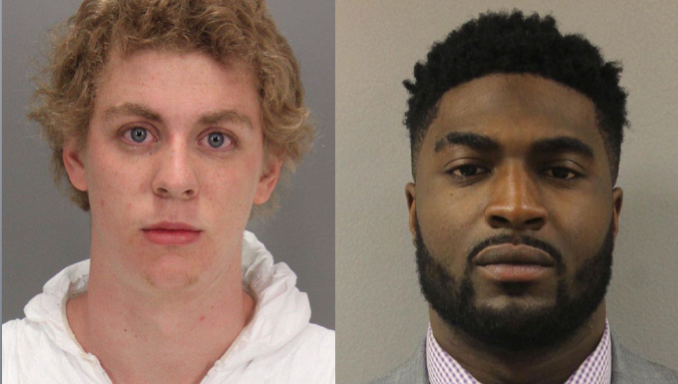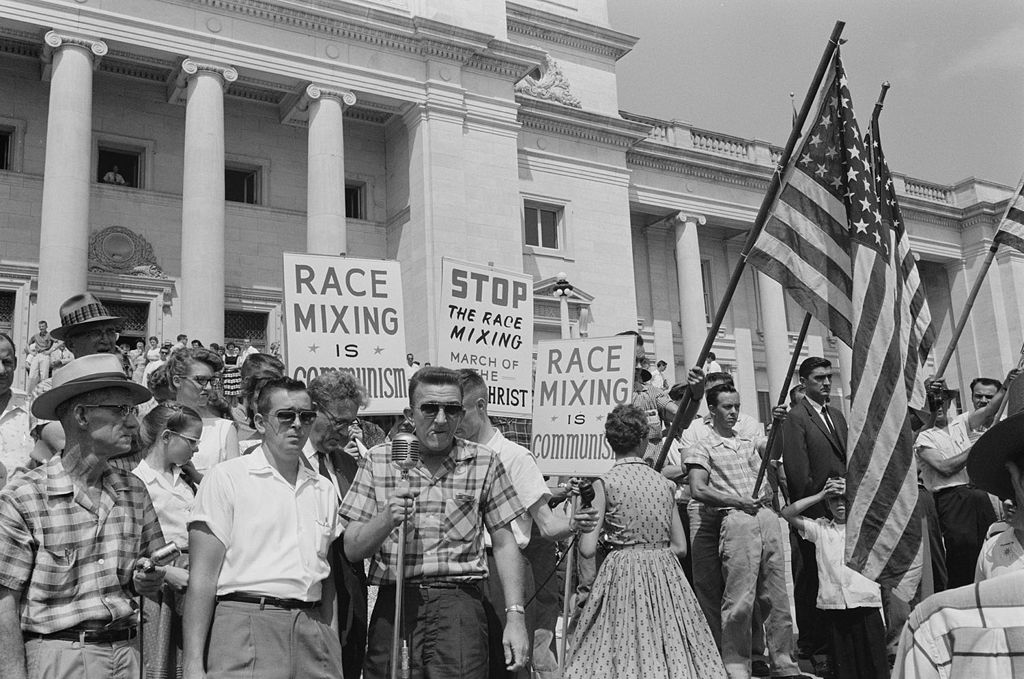Following Stanford University swimmer Brock Turner’s surprisingly lenient six-month sentence for sexual assault, there has been an outcry of disbelief among Americans. Specifically, there has been widespread disappointment of how sexual assault is dealt with in the criminal justice system. Last week, the anonymous victim’s letter was published on Buzzfeed, and its message has gone viral across the internet.
Turner’s case is one of thousands of sexual assault cases on campus across America each year. On university campuses, it is estimated that throughout an undergraduate degree, 1 in 5 women will be sexually assaulted. With an alarmingly low rate of victims coming forward, sexual assault can seem like a distant issue to many Americans.
But, this is simply not the case. Often, it ends up empowering the attacker and marginalizing the victim. It seems to take cases such as Turner’s to bring the devastating realities of sexual assault into the forefront of public attention.
Vice President Joe Biden has been actively involved in anti-sexual assault legislation since writing the 1994 Violence Against Women Act. He has been one of many public figures to speak out in support the victim. In an open letter to Buzzfeed, Biden points to the failures of American college campuses that “promote passivity. That encourages young men and women on campuses to turn a blind eye.” Despite these realities, many media outlets and Turner supporters have put emphasis on his career and accomplishments as a swimmer and Stanford student, rather than the abhorrent crime he committed.
Sexual Assault and Criminal Justice
Both Turner’s mother and father have written separate letters to Judge Persky, that have now become public, about the how jail time would ruin their son’s life. In Turner’s mother’s letter, she emphasized her strong Midwestern values would not lead to such a terrible crime. She also wrote about how her son’s swimming accomplishments and career following the trial will never be the same, making no mention of the crime he committed.
Conversely, Turner’s father went so far as to write that the sentencing “is a steep price to pay for 20 minutes of action out of his 20 plus years of life.” This statement not only tries to downplay the magnitude of the crime, but almost aims to justify his son’s innocence. Even Judge Perskey’s lighter sentencing reflected the way in which the law perceives sexual assault. This willingness to prioritize the achievements of criminals over the severity of the crimes they committed diminishes the gravity of rape.
Meanwhile, this April, a Vanderbilt University football player named Cory Batey has been charged with “three felony counts including aggravated rape and two counts of sexual battery.” A jury sentenced him to 15 to 25 years in prison. Both Turner and Batey were 19 years old when they committed a crime, and both men claim not to remember the events of the night. The difference between Batey and Turner? One man is black, and the other is white. One was sentenced by a jury, the other by a judge.
Batey and Turner committed the same crime, and should have been tried—and sentenced to the same degree. Why should Turner be exempt from similar treatment after committing the same crime? This disparity within the criminal justice system represents the substantial inequality towards some under the law.
These parallels between Batey and Turner show that regardless of fact, meaningful change cannot occur unless people begin to stop believing in a standardized image of a rapist. In doing so, the victims and their suffering become secondary. Without a shift in the legal system that stops prioritizing the condition of the assailant, rather than the severity of the crime, there is little hope for substantial reform.
Impact on the American Election
With these issues in mind coupled with the upcoming American election, it is essential to look how each candidate seeks to transform sexual assault policy. On one hand, Republican nominee, Donald Trump prefers to criticize political correctness as a meaningless endeavour, rather than candidly express a need to address sexual assault. On the other hand, presumptive Democratic candidate Hillary Clinton has taken a decisive stance to confront sexual assault in her platform.
In the wake of the powerful voice that Turner’s anonymous victim has given to the treatment of sexual assault in America, Clinton has an opportunity to make this a key issue of her campaign. Through taking a determined effort to introduce anti-sexual assault legislation, Clinton can begin to mould a future where victims can fearlessly speak out, like Turner’s did, against the crimes committed against them. Through these means, victims can begin to regain the focus that can be lost through the emphasis on the perpetrator (as seen through Batey and Turner) and feel confident in seeking justice through the legal system.
When societies distance themselves from the realities of sexual assault, it marginalizes the pain and suffering that each victim faces. In a college culture where more than 90% of sexual assault victims on campuses do not report the assaults, it is critical to engage in the dialogue created by recent events to gain positive policy change.
The legal process must be re-evaluated to view criminals within the same framework. Politicians need to move sexual assault legislation into the forefront of the policy agenda. Most importantly, victims need be empowered to feel comfortable and confident in the legal system to receive fair and just treatment in a court of law.
Left: Brock Turner, courtesy of Diana Prichard and Stanford University.
Right: Cory Batey, courtesy of Stacey Barchenger and Nashville PD.
Disclaimer: Any views or opinions expressed in articles are solely those of the authors and do not necessarily represent the views of the NATO Association of Canada.




